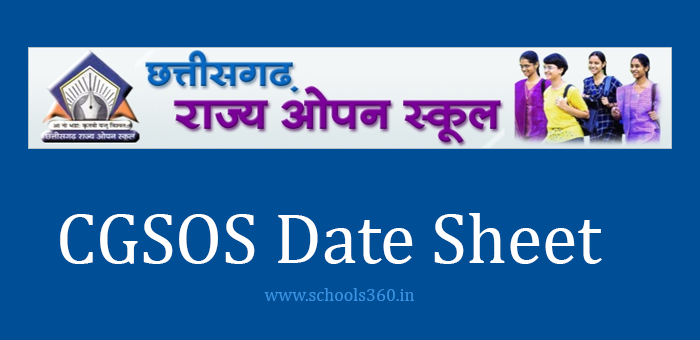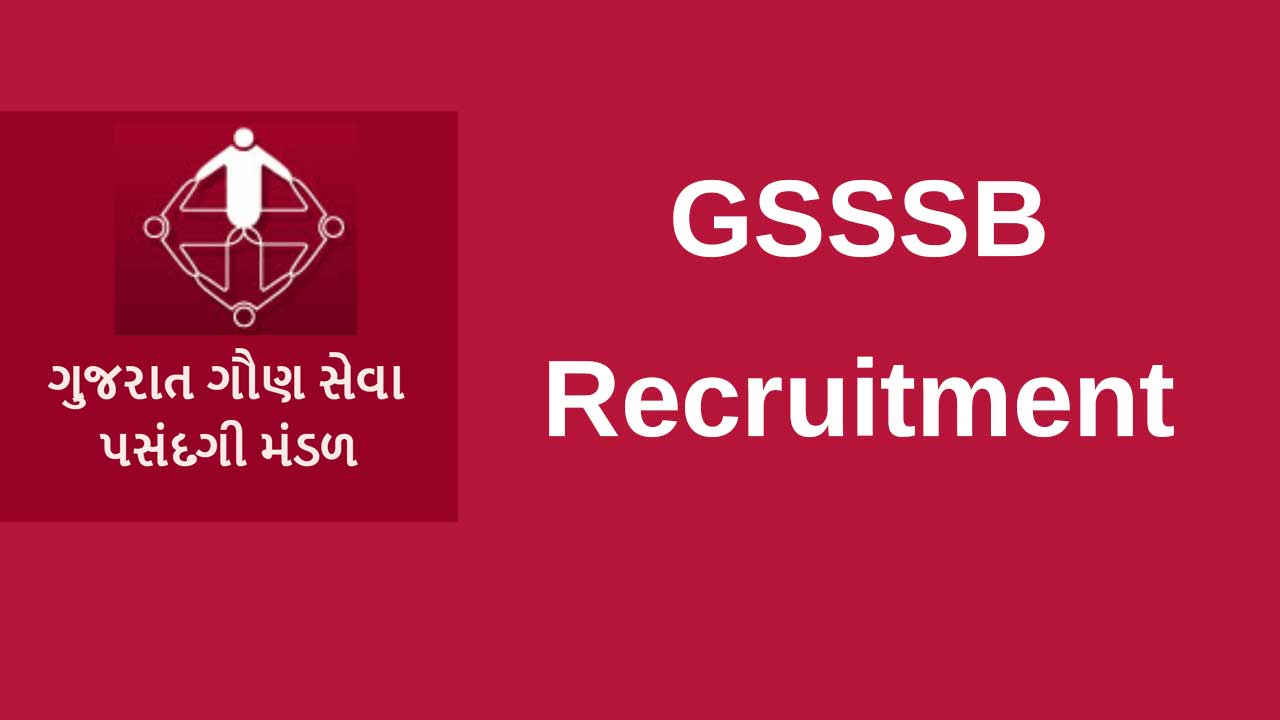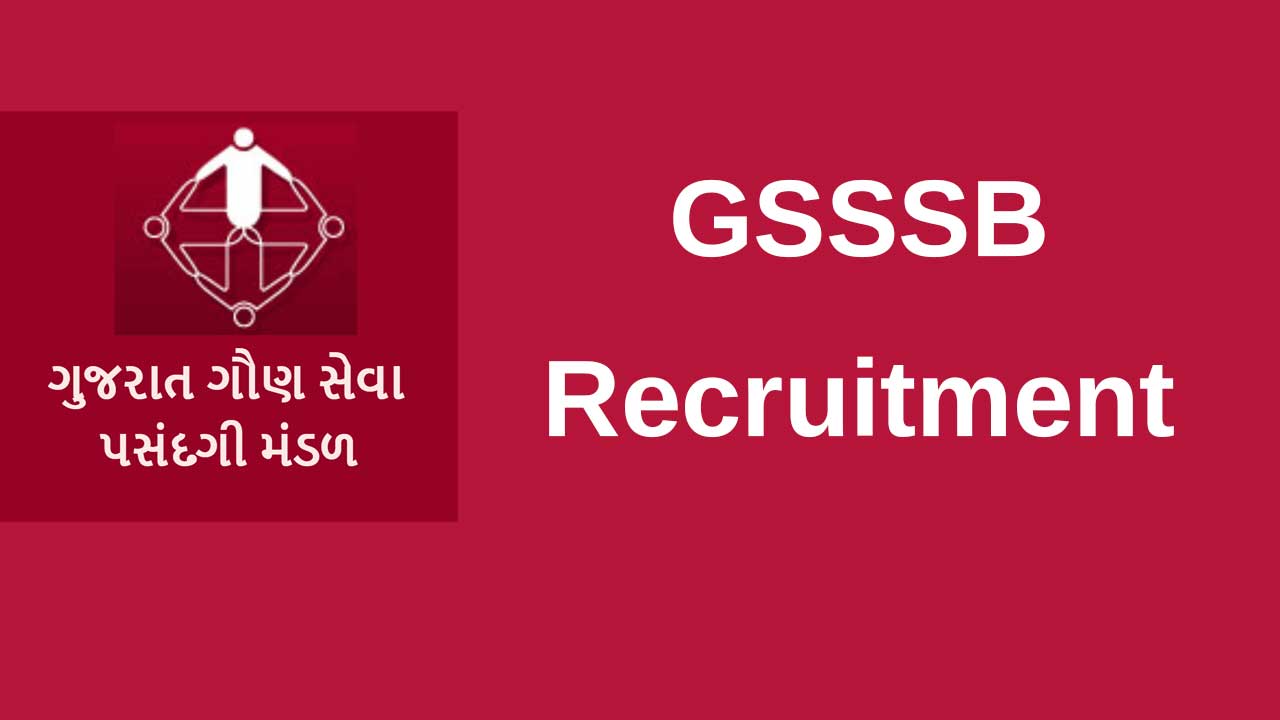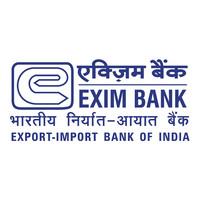FCI Assistant General Manager Syllabus 2022 & FCI AGM Exam Pattern is now available here in this www.schools360.in page. Download FCI Medical Officer Syllabus 2022 in online. Candidates who applied for the FCI AGM Recruitment are able to Download the FCI AGM Syllabus 2022. If you want to apply for the FCI AGM Recruitment can apply till March 31st, 2022. The Officials of Food Corporation of India has announced total 89 posts. So to fill those vacancies the FCI has opened the FCI AGM Application Form 2022. In this section we also provided the FCI AGM Selection Process. Additionally we have given the FCI AGM Exam Pattern 2022. Go through this page and get the information from the below sections.
Importance of FCI AGM Syllabus 2022
| Name of the Board | Food Corporation of India |
| Post Name | Assistant General Manager & Medical Officer |
| Vacancy | 89 |
| Online Test Date | Announced Soon |
| Selection Process | Online Test & Interview |
| Status | Syllabus Available |
FCI Assistant General Manager & MO Important Dates
| Start Date To Apply Online for FCI Exams | 01/03/2022 |
| Last Date To Apply Online | 31/03/2022 |
| Date of Online Test | May / June 2022 |
UPMRC Assistant Manager Syllabus 2022
MSCWB Assistant Grade II Syllabus 2022
Download FCI AGM, MO Admit Card 2022
FCI AGM Selection Process 2022:
The selection process will be consisting of Online Test and Interview.
- A candidate has to appear in all the phases of the recruitment process to be considered for the selection. The candidates are advised to visit FCI Website regularly.
- The weightage assigned for Online Test and interview are 90% and 10% respectively.
FCI AGM Exam Pattern 2022
| Post Code | Name of the Post | No of Questions | No of Marks | Online Test Pattern | Exam Duration
|
| A
| AGM (General Administration)
| 180
| 180
| General Aptitude (180 Questions) consisting of | 2 ½ hours
|
| Reasoning, Data Analysis, Numerical Ability – 45 Questions | |||||
| General Awareness, Current Affairs – 45 Questions | |||||
| Management and Ethics – 45 Questions | |||||
| Agriculture, Agriculture Economy and Computer awareness – 45 Questions | |||||
| B
| AGM (Technical)
| 180
| 180
| 1. General Aptitude (120 Questions) consisting of | 2 ½ hours
|
| Reasoning, Data Analysis, Numerical Ability – 30 Questions | |||||
| General Awareness, Current Affairs – 30 Questions | |||||
| C | AGM (Accounts) | Management and Ethics – 30 Questions | |||
| D | AGM (Law) | Agriculture, Agriculture Economy, Computer awareness – 30 Questions | |||
| E | Medical Officer | 1. Relevant Discipline – 60 Questions |
| POST CODE | NUMBER OF QUESTIONS AND MARKS | NEGATIVE MARKING |
| A | GeneralAptitude: 180 Multiple Choice Questions will carry equal 01marks. Paper will carry maximum 180 marks. | No Negative Marking
|
| B, C, D & E | I. General Aptitude: 120 Multiple Choice Questions, each carrying 0.5 marks and II. Relevant technical discipline: 60 Multiple Choice Questions, each carrying 02 marks. Paper will carry maximum 180marks. |
Download FCI AGM Syllabus 2022 PDF Here
Food Corporation of India has going to conduct the Online Test for the post of AGM (General Administration, Technical, Accounts, Law), Medical Officer; That’s why Officials has been uploaded the Syllabus and Exam Pattern. Candidates who have applied for FCI’s Medical Officer Post, they may download the syllabus and be ready for your online exam.
The syllabus for specified technical posts to assess the post specific technical knowledge of relevant stream is as under:
| Assistant General Manager (Technical) | Agriculture: Basic principles of Crop (Cereals & Pulses) production, Statistics of Indian Agriculture (Cereals & Pulses), Introductory Genetics, Crop Protection, Basics of Plant Pathology, Food & Agriculture Microbiology, Nutrition (Animal & Plant), Postharvest care of cereals& Pulses, Basic Principle of Preservation of Foodgrains, Agriculture Extension, Photosynthesis and Respiration. Biotechnology: Microbes: Beneficial & Harmful, Genetic Engineering, Biotechnological Principles, Economic Biotechnology, Pathogens & Control, recent trends. Entomology: Basic Entomology, Economic Entomology, Beneficial and harmful insects, Integrated Pest Management (IPM), Storage Grain Insect pest, Vertebrate Pests, Classification of Insecticides and their Mode of Action. Chemistry: Physical Chemistry: Structure of Atoms, Chemical Bonding, Radioactivity; Inorganic Chemistry: Periodic table, Basics Metals & Non-metals; Organic Chemistry: Basics of alkanes, alkenes, alkynes, alcohols, aldehydes and acids, Biochemistry (Carbohydrates, Proteins & fats). PFA Act, 1964, Food Safety and Standards Act,2006/Food Safety and Standards Regulations 2011, Right to Information Act,2005 and National Food Security Act, 2013. |
| Assistant General Manager (Accounts) | Basic Accounting concept including preparation of books of accounts and Accounting Standards. Financial Management: Analysis of Financial statement; Budgeting & Budgetary control; Working Capital management; Capital Budgeting & Ratio Analysis. Taxation: Income Tax including filing of return, TDS, Advance Tax etc; Goods& Services Tax. Auditing: Auditing Concepts and Methods; Internal & External Audit of Companies. Commercial Laws: Contract Act; Companies Act; Sales of Goods Act; Negotiable Instrument Act; Consumer Protection Act; RTI Act. Basic of Computers: Operating System; Browsers; Email; Memory (Internal, External, portable); Chats; Office (Word, PowerPoint, Excel); Networks. |
| Assistant General Manager (Law) |
|
| Medical Officer | GENERAL MEDICINE: Cardiology, Respiratory diseases, Gastro‐intestinal, Genito‐Urinary, Neurology, Hematology, Endocrinology, Metabolic disorders, Infections/Communicable Diseases( Virus, Rickets, Bacterial, Spirochetal, Protozoan, Metazoan, Fungus), Nutrition/Growth, Diseases of the skin (Dermatology), Musculoskeletal System, Psychiatry, General, Emergency Medicine, Common Poisoning, Snake bite, Tropical Medicine, Critical Care Medicine, Emphasis on medical procedures, Patho physiological basis of diseases, Vaccines preventable diseases and Non vaccines preventable diseases, Vitamin deficiency diseases, In psychiatry include – Depression, psychosis, anxiety, bipolar diseases and Schizophrenia. PAEDIATRICS: Common childhood emergencies, Basic new born care, Normal developmental milestones, Accidents and poisonings in children, Birth defects and counseling including autism, Immunization in children, Recognizing children with special needs and management, and National programmes related to child health. GENERAL SURGERY: Wounds, Infections, Tumours, Lymphatic, Blood vessels, Cysts/sinuses, Head and neck, Breast, Alimentary tract (Esophagus, Stomach, Intestines, Anus, Developmental), Liver, Bile, Pancreas, Spleen, Peritoneum, Abdominal wall, Abdominal injuries, Urological Surgery, Neurosurgery, Otorhinolaryngology E.N.T., Thoracic surgery, Orthopaedic surgery, Ophthalmology, Anaesthesiology, Traumatology, Diagnosis and management of common surgical ailments, Pre‐operative and post-operative care of surgical patients, Medico legal and ethical issues of surgery, Wound healing, Fluid and electrolyte management in surgery, Shock patho‐physiology and management. GYNAECOLOGY& OBSTETRICS: OBSTETRICS: Ante‐natal conditions, Intra‐natal conditions, Post‐natal conditions, Management of normal labours or complicated labour. GYNAECOLOGY: Questions on applied anatomy, Questions on applied physiology of menstruation and fertilization, Questions on infections in genital tract, Questions on neoplasma in the genital tract, Questions on displacement of the uterus, Normal delivery and safe delivery practices, High risk pregnancy and management, Abortions, Intra Uterine growth retardation, Medico legal examination in obgy and Gynae including Rape. FAMILY PLANNING: Conventional contraceptives, U.D. and oral pills, Operative procedure, sterilization and organization of programmes in the urban and rural surroundings, Medical Termination of Pregnancy. PREVENTIVE SOCIAL AND COMMUNITY MEDICINE: Social and Community Medicine, Concept of Health, Disease and Preventive Medicine, Health Administration and Planning, General Epidemiology, Demography and Health Statistics, Communicable Diseases, Environmental Health, Nutrition and Health, Non‐communicable diseases, Occupational Health, Genetics and Health, International Health, Medical Sociology and Health Education, Maternal and Child Health, National Programmes, Management of common health problems, Ability to monitor national health programmes, Knowledge of maternal and child wellness, Ability to recognize, investigate, report, plan and manage community health problems including malnutrition and emergencies. |








